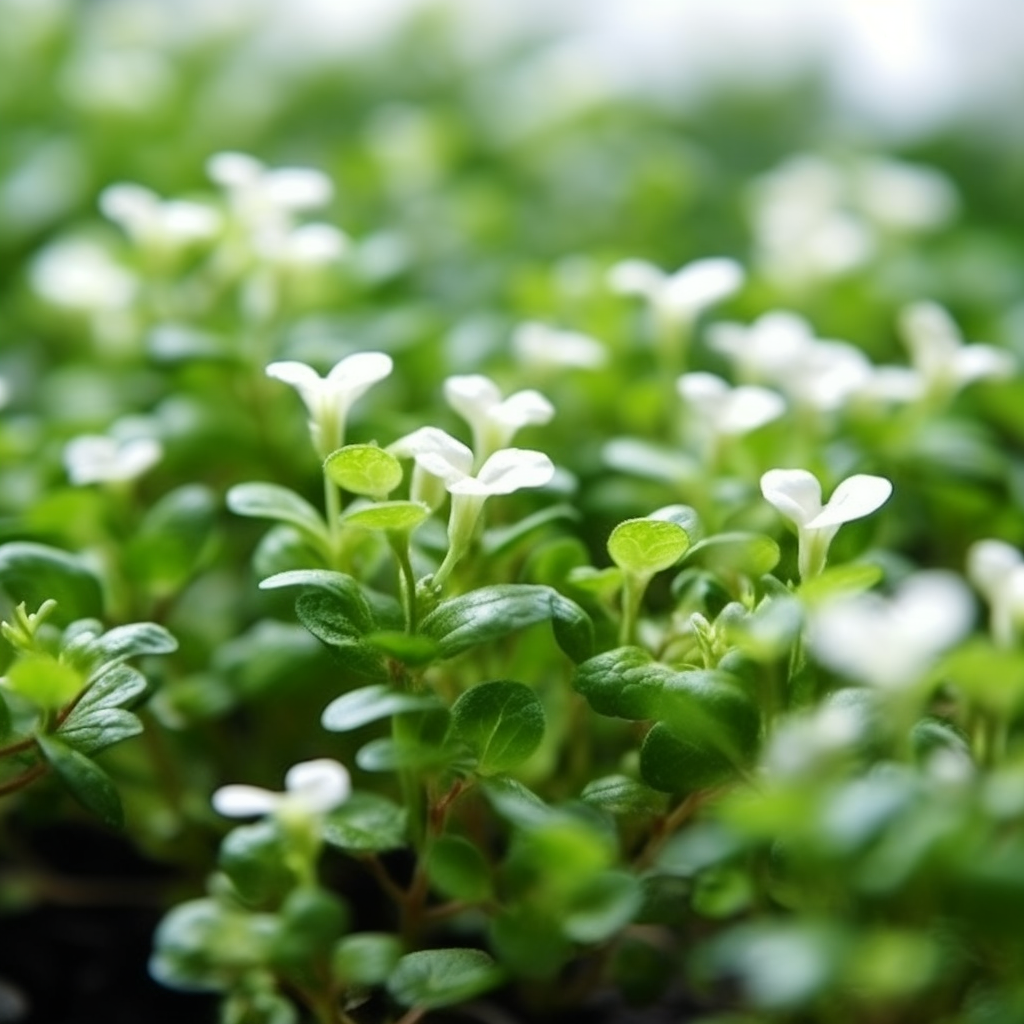Story of Day :
Contents
Bacopa Plant: The Complete Guide and Care Tips
Bacopa (Sutera cordata) is a lovely little plant that belongs to the family Scrophulariaceae. It is also known as the Snowflake or Suteria plant. This versatile plant is native to South Africa, where it thrives in moist, swampy areas. However, it can grow well in most types of soil and climatic conditions if proper care is taken.
Why Bacopa Plant?
There are many reasons why you should consider growing bacopa in your garden:
- Bacopa produces beautiful white or blue flowers that bloom all summer long.
- The plant has a trailing habit and looks great when grown in hanging baskets or window boxes.
- Bacopa attracts butterflies and other pollinators to your garden.
- The plant grows quickly and provides good ground coverage when planted en masse.
How to Grow Bacopa Plants?
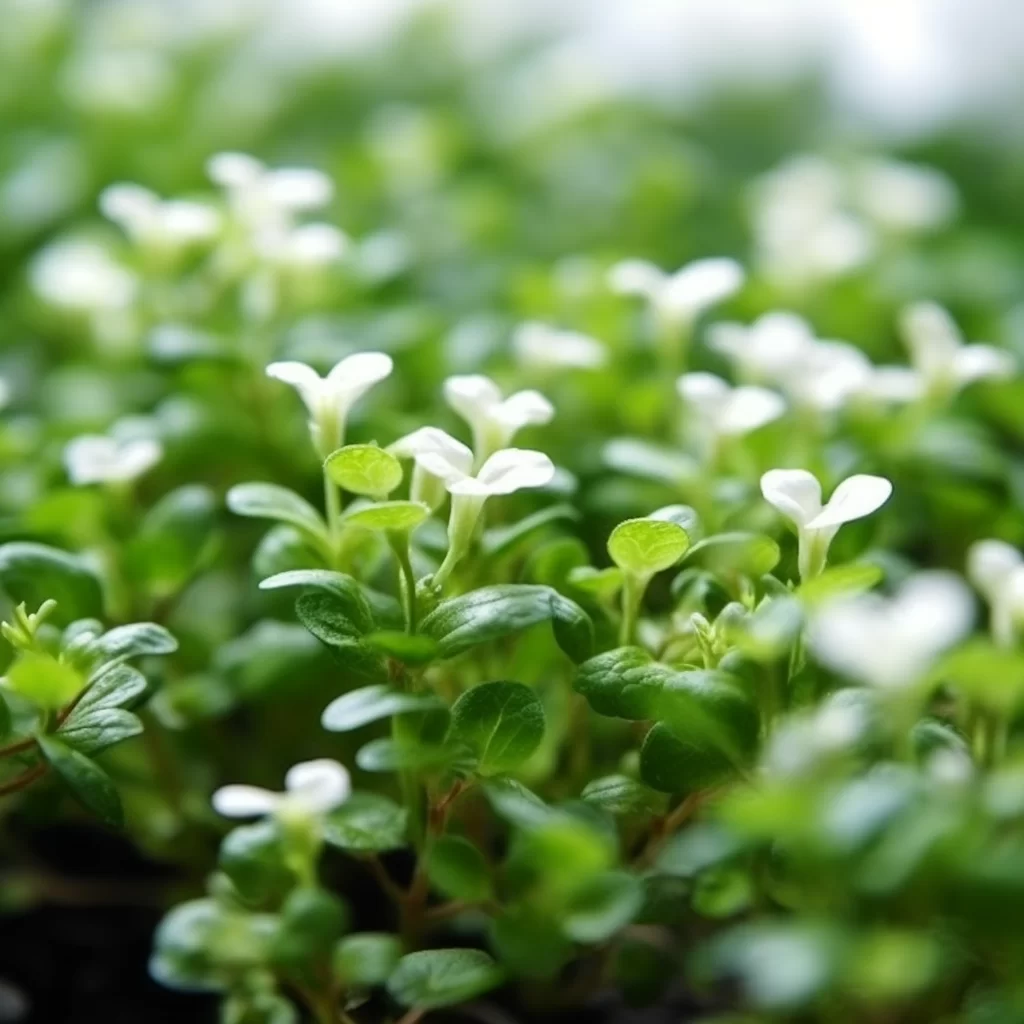
If you’re planning on growing bacopas in your garden, here’s what you need to know:
Planting Location
Bacopas prefer full sun but can tolerate partial shade. They thrive well when planted next to water bodies like ponds or streams due to their love for moist soils. The soil should be fertile, well-draining with pH levels of 5-6 which are slightly acidic but not too alkaline nor highly acidic.
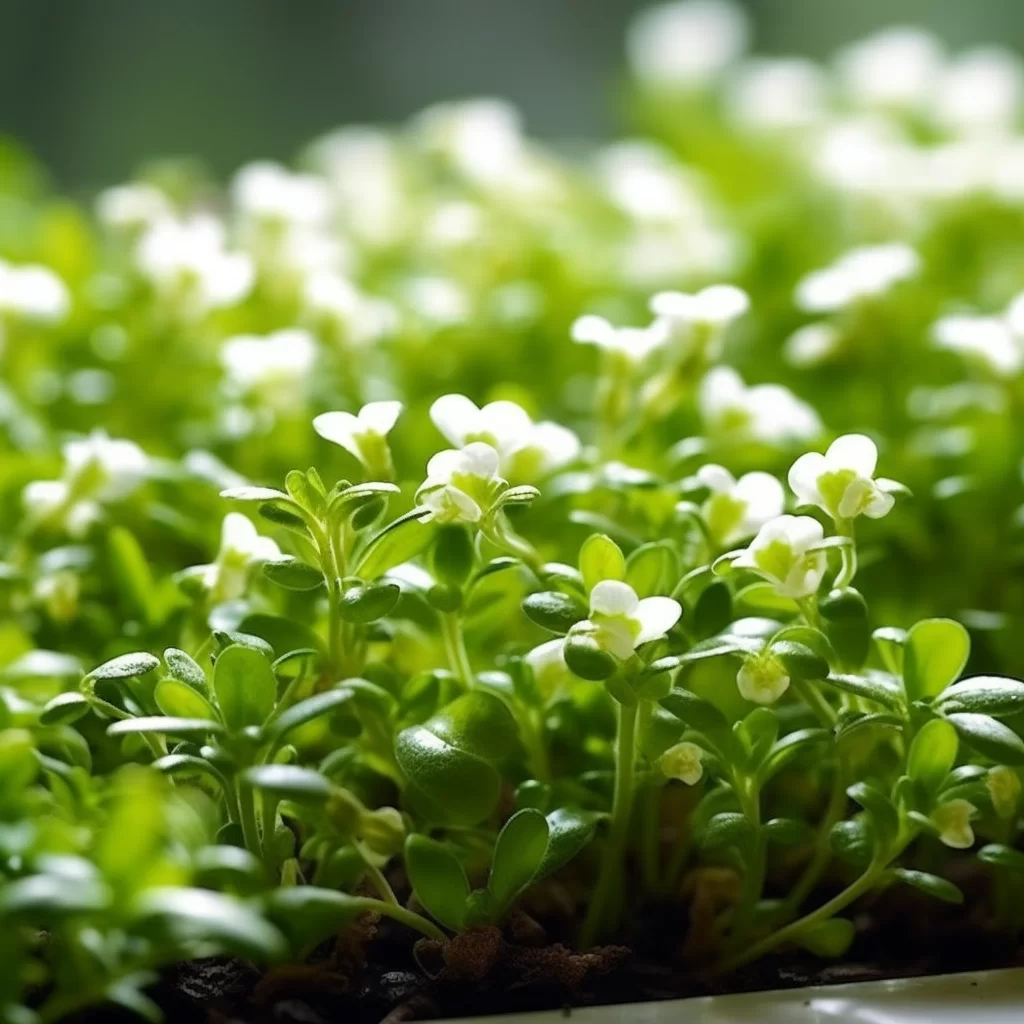
Planting Time
You can start sowing seeds indoors from early spring into late summer for transplanting later on outdoors after maturity of at least 8 weeks before cold weather sets in during fall temperatures drop below freezing.
Watering
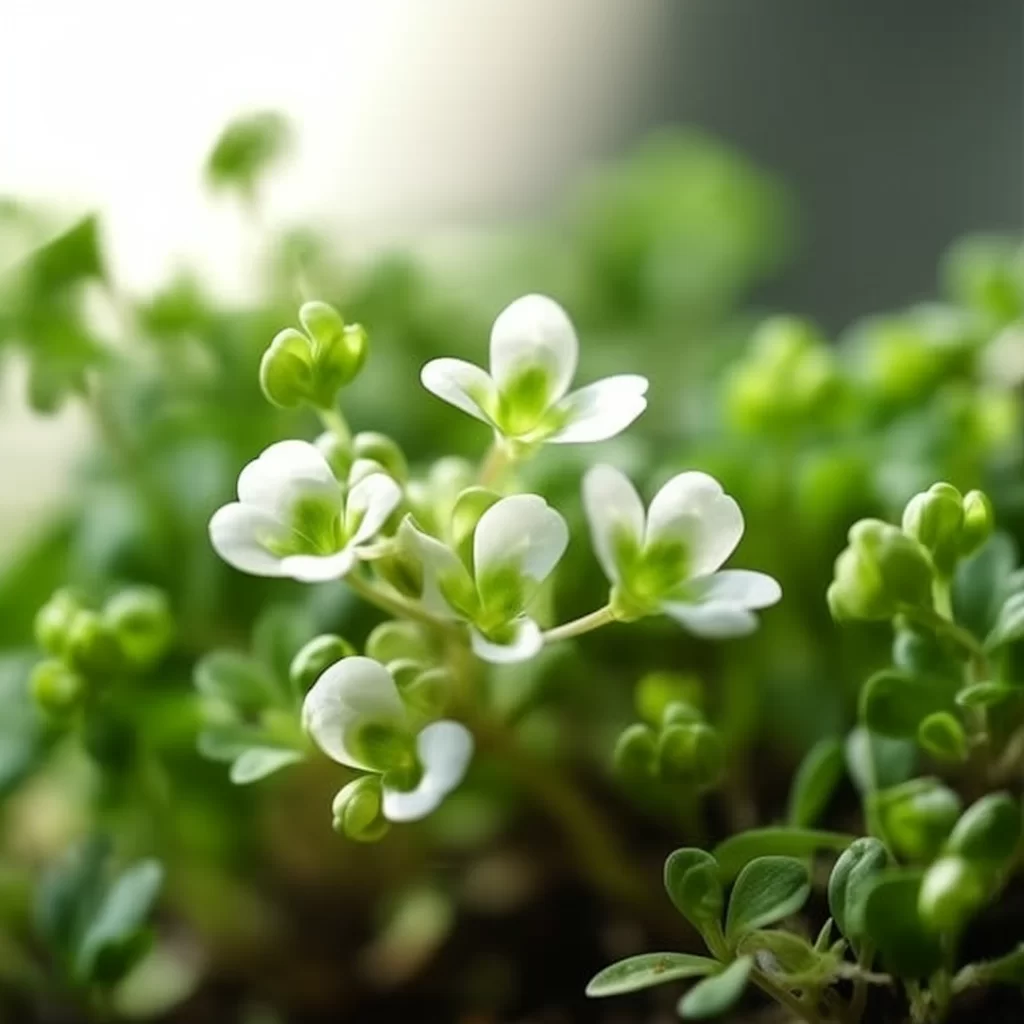
Bacopas need regular watering to keep the soil moist but not waterlogged. Overwatering can lead to root rot and plant death, while underwatering results in drying up of the plant. Water the plants deeply once a week or more frequently depending on weather conditions.
Fertilizing
Bacopas require fertilizers rich in nitrogen and potassium, which promote healthy growth and flowering. Fertilize with a balanced fertilizer every two weeks during the growing season.
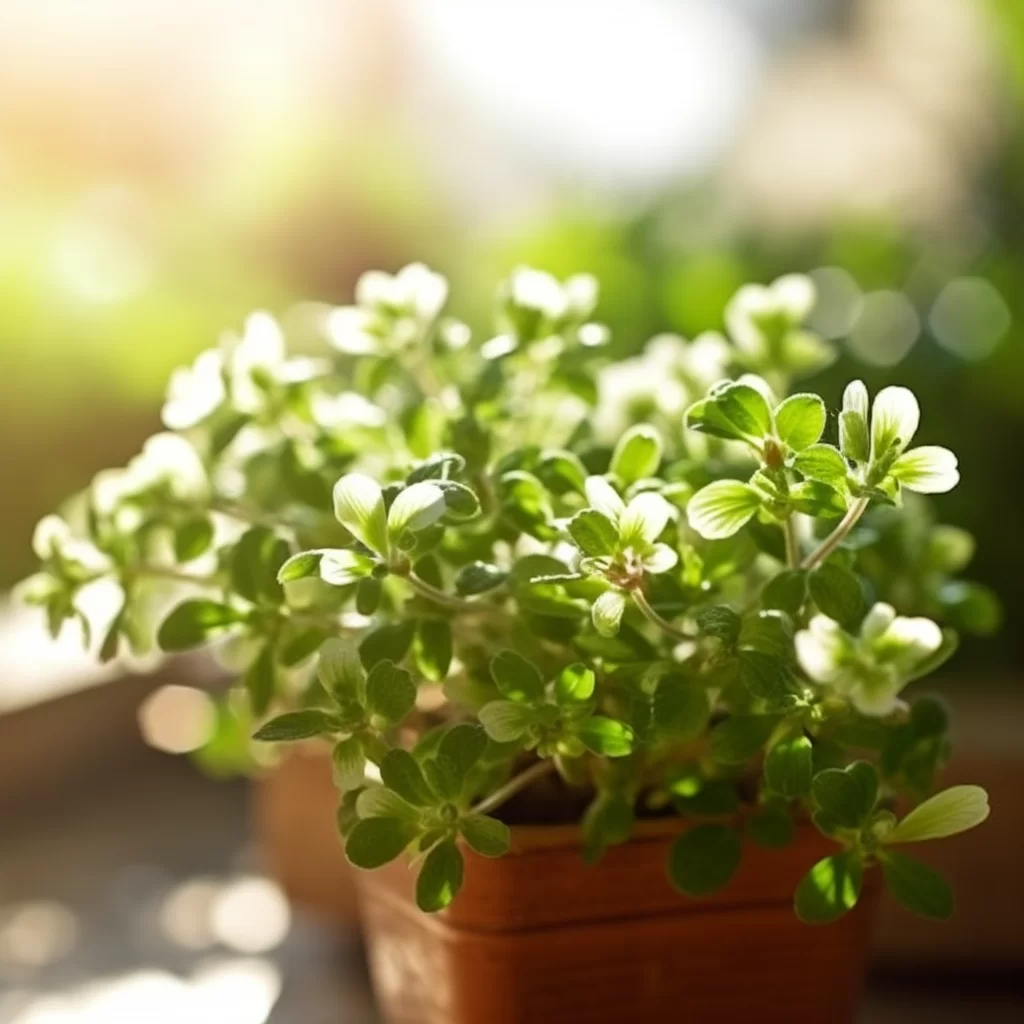
Pests and Diseases
Bacopa plants are generally pest-resistant but can be susceptible to some diseases such as fungal leaf spot if grown in wet conditions for extended periods without proper ventilation or air circulation.
Conclusion
In conclusion, Bacopa is an excellent addition to any garden due to its beauty, ease of growth, and versatility. With proper care management practices such as adequate sunlight exposure, moisture-level maintenance through weekly deep watering sessions alongside regular feeding using appropriate fertilization methods should guarantee success with growing these lovely little herbs that will produce a breathtaking display all year long while attracting pollinators such as bees making your garden colorful for years to come.
